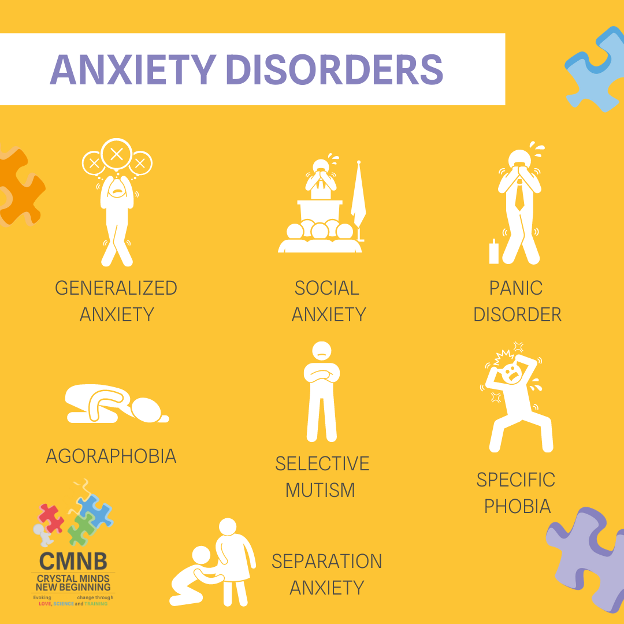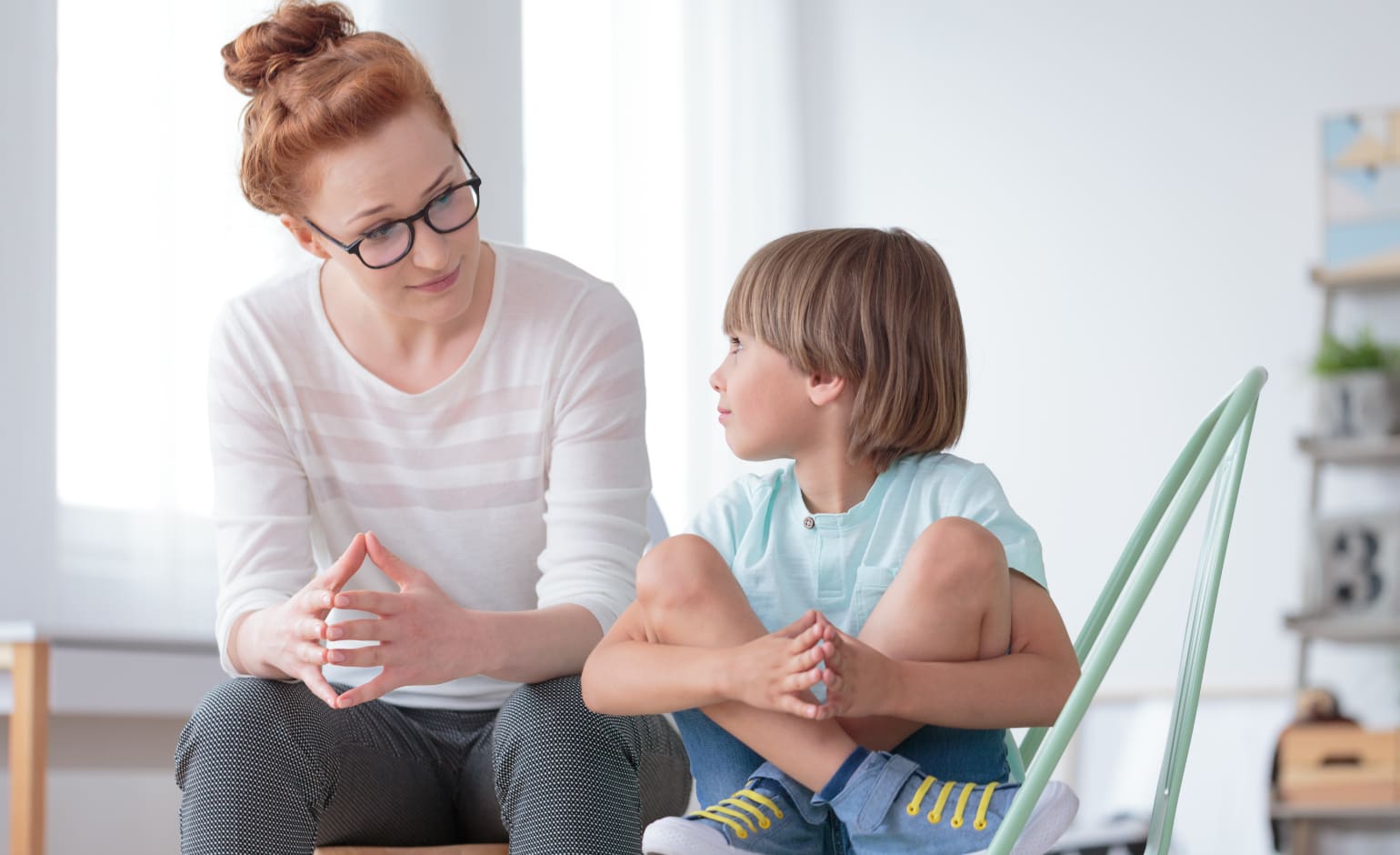Do kids really have anxiety? Or is it just a TREND 🙄
We hear about anxiety on TV, on social media and now our kids are even speaking about it. You may be thinking “What’s going on” is it something in the water? Or maybe the food… or maybe they just want attention.
The truth is that Pluto wasn’t discovered until 1930’s but I’m pretty sure it’s been there this entire time. As a society we’ve become more aware on the impact of anxiety and YES, kids can also feel anxiety.
If you have attended one of my webinars, know me personally or are a parent of our wonderful Crystal Minds New Beginning practice, you know how much I preach about the importance of parents becoming educated about “what’s out there”.
I’m going to share two facts about anxiety that you probably didn’t know.
FACT 1: There is a clear difference between Anxiety and “normal” fear or stress.
Let’s first define what these are;
Fear is an emotional response to real or imminent threat.
Anxiety is the anticipation of a future threat.
Stress is our body’s physiological reaction to unexpected threat.
These may all look and sound very similar but what differentiates Anxiety from “normal” stress and fear is that anxiety is
Excessive beyond developmentally appropriate periods (e.g., A 5-year-old experiencing difficulties sleeping because he is worried that something catastrophic will happen to his parents)
They differ from transient fear or stress by being persistent (e.g., typically lasting 6 months or more)
The disturbance causes clinically significant distress or impairment in social, academic, occupational, or other important areas of functioning. (e.g., Child is failing in school when he was obtaining good grades because he is preoccupied with the idea that a war will strike at any moment).
FACT 2: Another interesting fact about Anxiety is that there are 7 types of anxiety disorders according to the DSM 5 (Manual psychologists use to diagnose patients).
These are described in the diagram below;

All of these “types” of Anxiety Disorders share features of excessive fear and physiological (body) reactions that can be related to behavioral disturbances. They differ in their presentation, symptoms, and behaviors, and they sometimes require separate treatment although behavior therapy and derivations of this therapy seem to be the most promising in decreasing the associated symptoms.

